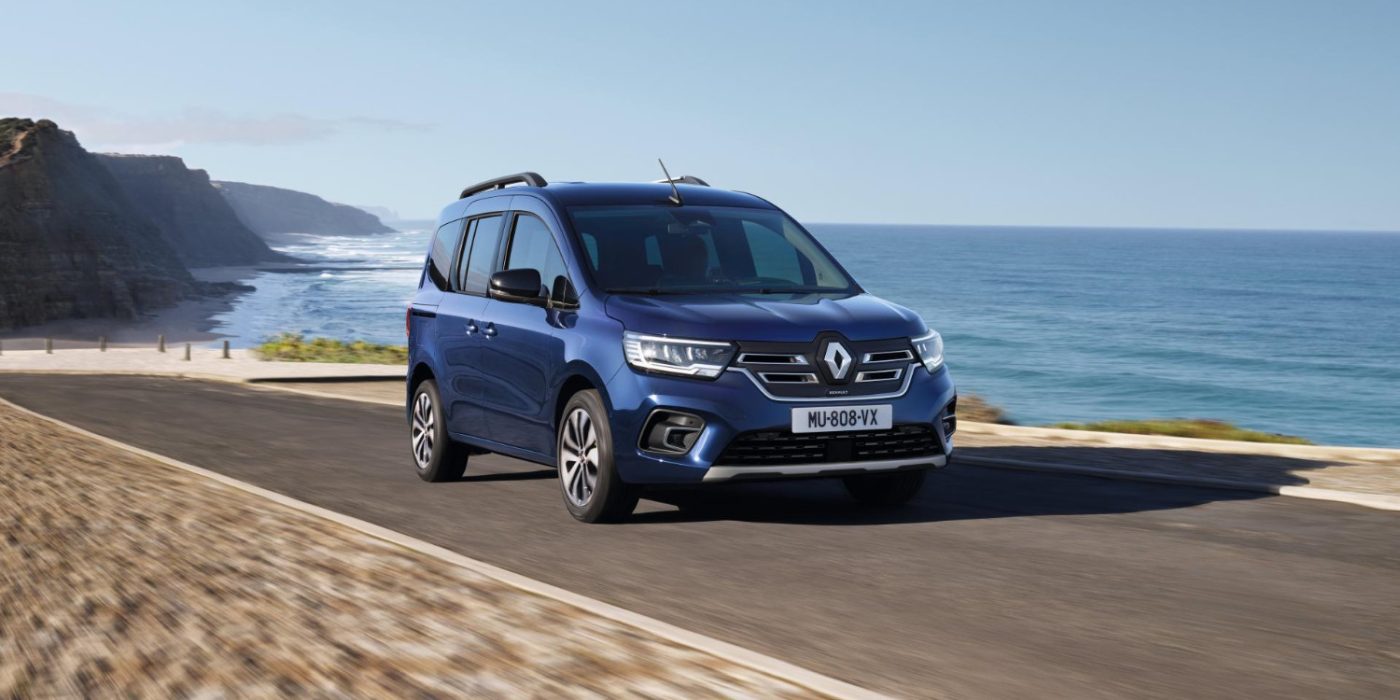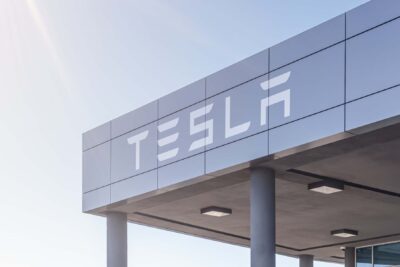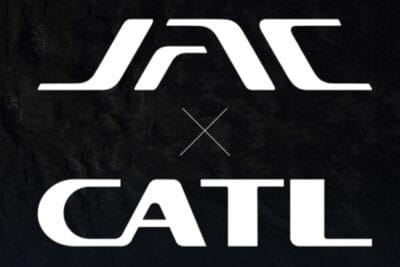France reduces electric vehicle subsidies
The French government is cutting its subsidies for electric cars for 2023. The reduction of the eco-bonus, which had previously been postponed for a year, came into force on 1 January. Electric cars will now receive a maximum of €5,000 from the state, compared to the previous sum of €6,000.
France had decided to increase the subsidy rates in May 2020 as part of a restructuring plan for the automotive industry. The main reason was the slump in sales due to the Corona crisis. The maximum subsidy rate rose from €6,000 to €7,000 at the time. At the same time, demand was boosted with a scrappage scheme for private buyers. Even then, the government expressed the intention of slowly reducing the subsidy rates again.
In mid-2021, the maximum rate was reduced from €7,000 to €6,000. However, the government suspended the actually planned further reduction by €1,000 in 2022. However, it now came into force on 1 January 2023. In addition, the environmental bonus now only applies to battery-electric and fuel cell cars with a price of less than €47,000 and a mass of less than 2.4 tonnes. A total of 27 per cent of the gross price, plus the cost of the battery if it is leased, is covered up to a maximum of €5,000 for private individuals and 3,000 euros for companies.
For electric vans, there is no price limit and a maximum weight of 3.5 tonnes – the subsidy is 40 per cent of the gross price (plus the cost of the battery, if it is leased) up to a limit of €6,000 for private individuals and €4,000 for businesses.
For low-income households, the government is increasing the subsidy by €2,000 (previously: €3,000) to a maximum of €7,000 (passenger cars) and 8,000 euros (vans). Used electric vehicles in France will continue to be subsidised with €1,000 or €3,000 in the case of a low household income.
With the amendment of the environmental bonus, plug-in hybrids, electric cars over 2.4 tonnes and vehicles up to €60,000 are no longer eligible. Most recently, the former was still subsidised with €1,000 if they complied with a certain electric range. For vehicles with a price between €45,000 and €60,000, €2,000 were still available until the end of the year. Fuel cell vehicles were also subsidised beyond €60,000. All this is passé. The same applies to the environmental bonus for heavy commercial vehicles. This is now organised differently, specifically via calls for projects as in the case of the funding programme ‘Écosystèmes des véhicules lourds électriques‘ (Ecosystems for Heavy Electric Vehicles). In this course, electric buses and electric trucks weighing up to 26 tonnes could be subsidised with up to €100,000. For 26-tonne vehicles and above, the electric truck subsidy was up to €150,000. The state supported the installation of charging stations for these vehicles by up to 60%.
What is new about the environmental bonus for passenger cars and vans in 2023 is that private individuals can only receive the aid once every three years and the passenger car bonus can also be applied to M2 vehicles, especially minibuses, if they meet the weight and price criteria mentioned above. There is no change for two- or three-wheeled motor vehicles as well as four-wheeled light vehicles: if they do not use lead batteries, the state will pay up to €900 (€100 if the maximum net engine power is less than 2 kilowatts).
In addition, the scrapping premium will continue in 2023 in a slightly different form: anyone who does not exceed a certain income and scraps an old petrol or diesel vehicle when buying an electric car that meets the criteria described above can now receive a subsidy of up to 6,000 euros (previously 5,000 euros) in addition to the eco-rebate. Plug-in hybrids are also still subsidised with up to 4,000 euros. Companies will receive a subsidy of €2,500 , or €1,500 if they purchase a PHEV.
For vans, the scrappage premium will be maintained at its current level, but here, too, only those who fall below a fixed income limit will be eligible. The state will then cover 40 per cent of the purchase costs with a maximum amount of 9,000 euros. Particularly disadvantaged households can expect to receive up to €10,000. Plug-in hybrids are subsidised with up to €4,000. For companies, the same subsidies apply to battery-electric transporters, but PHEVs only receive €1,500.
economie.gouv.fr, avere-france.org (both in French)




